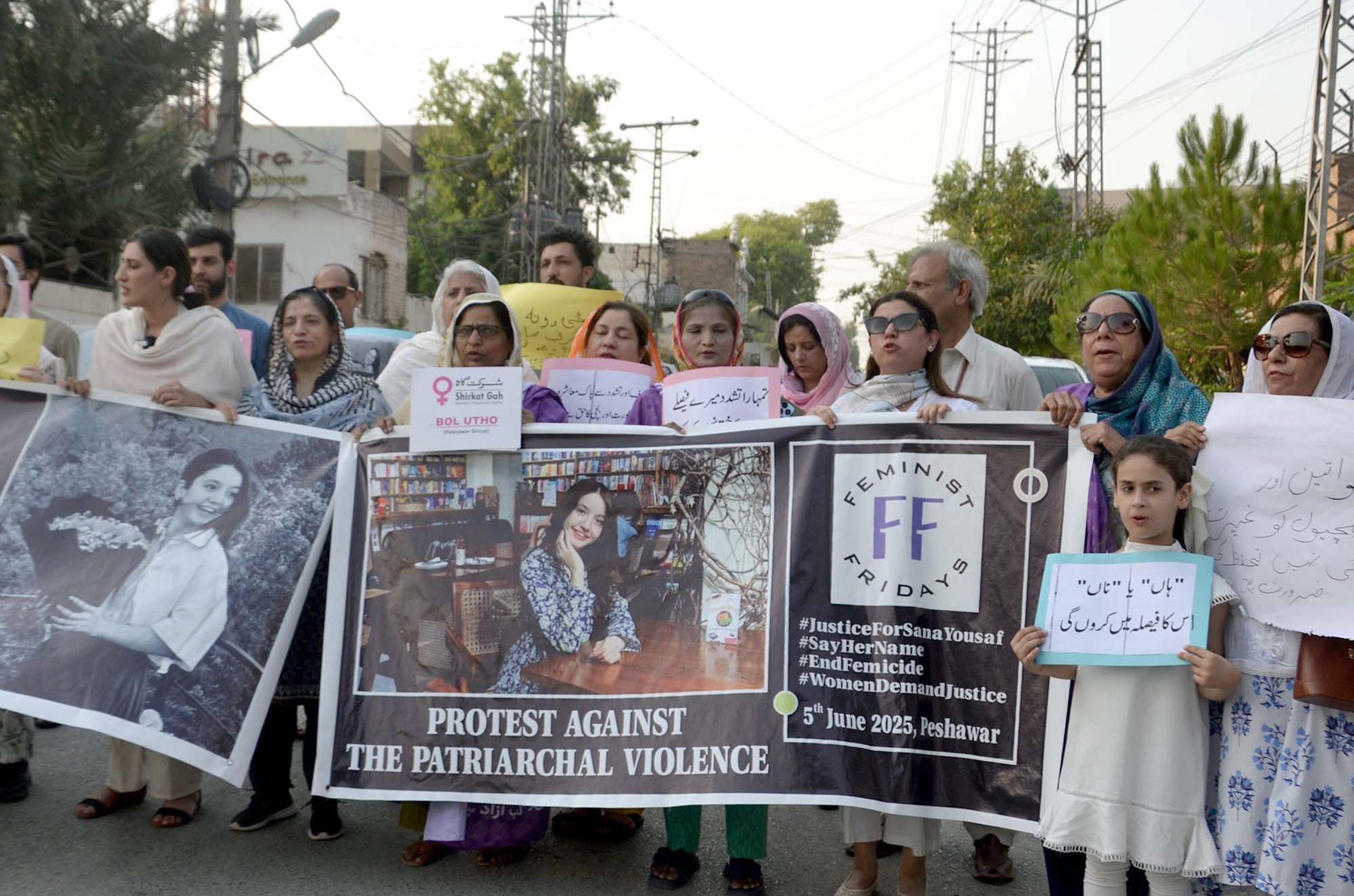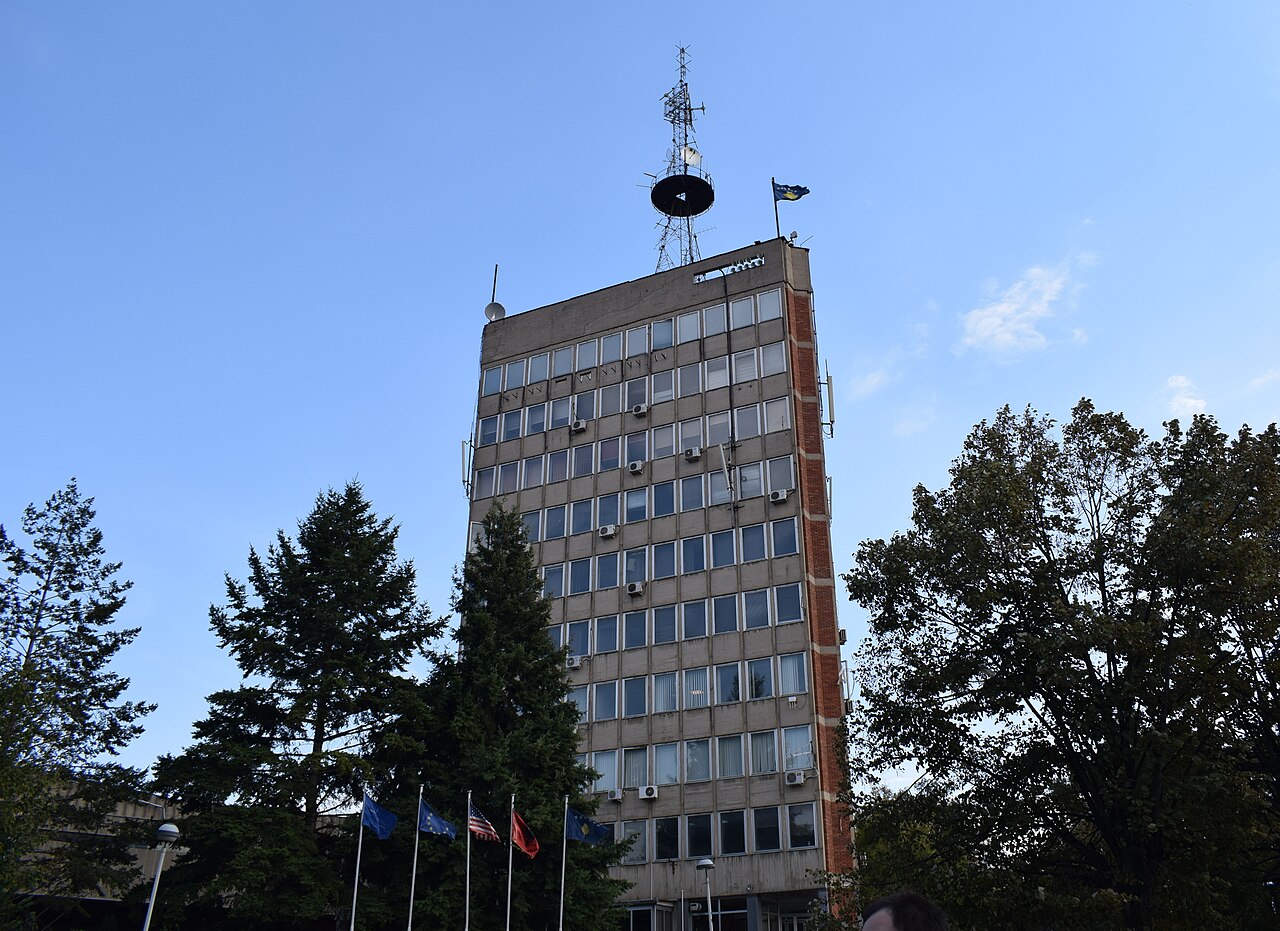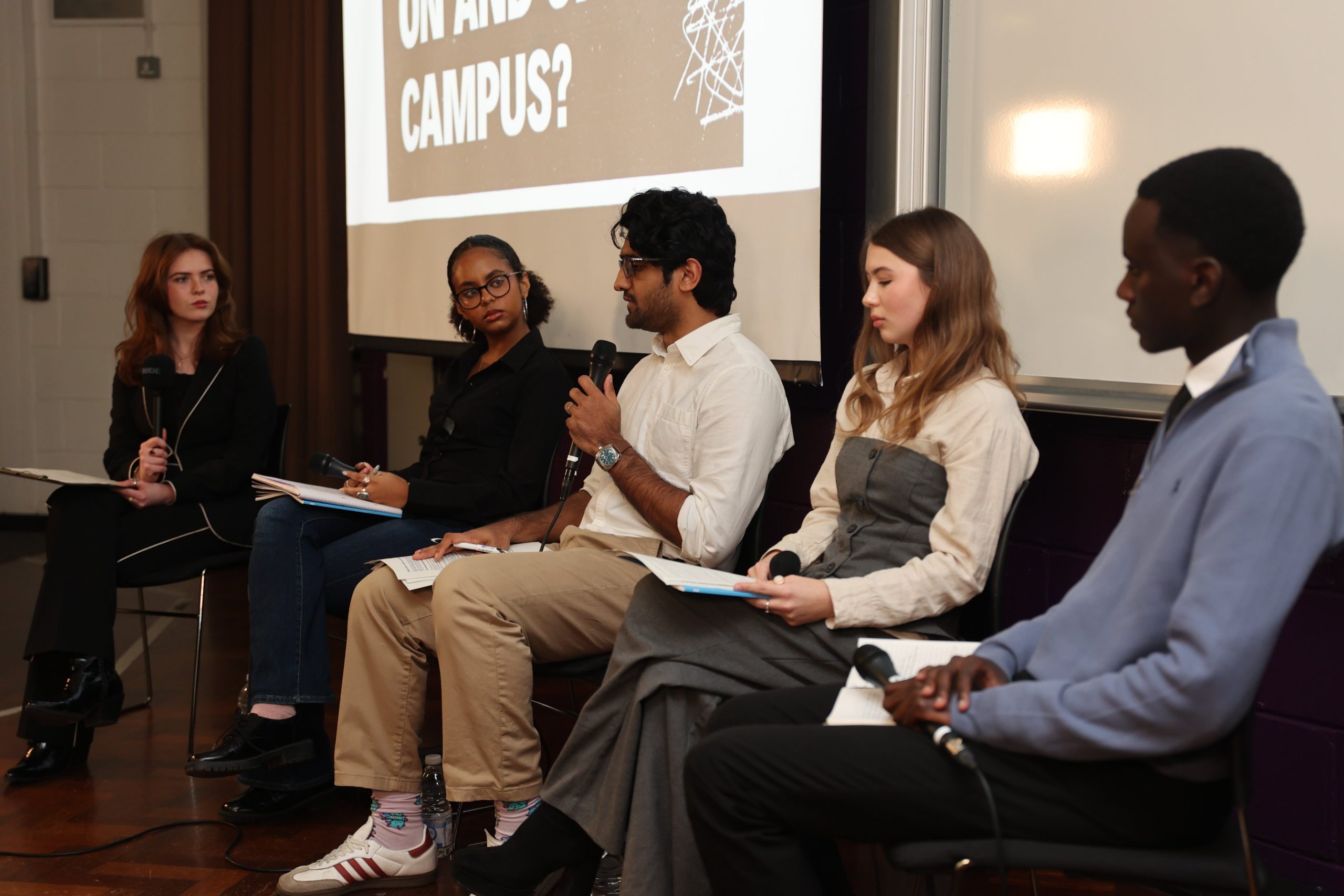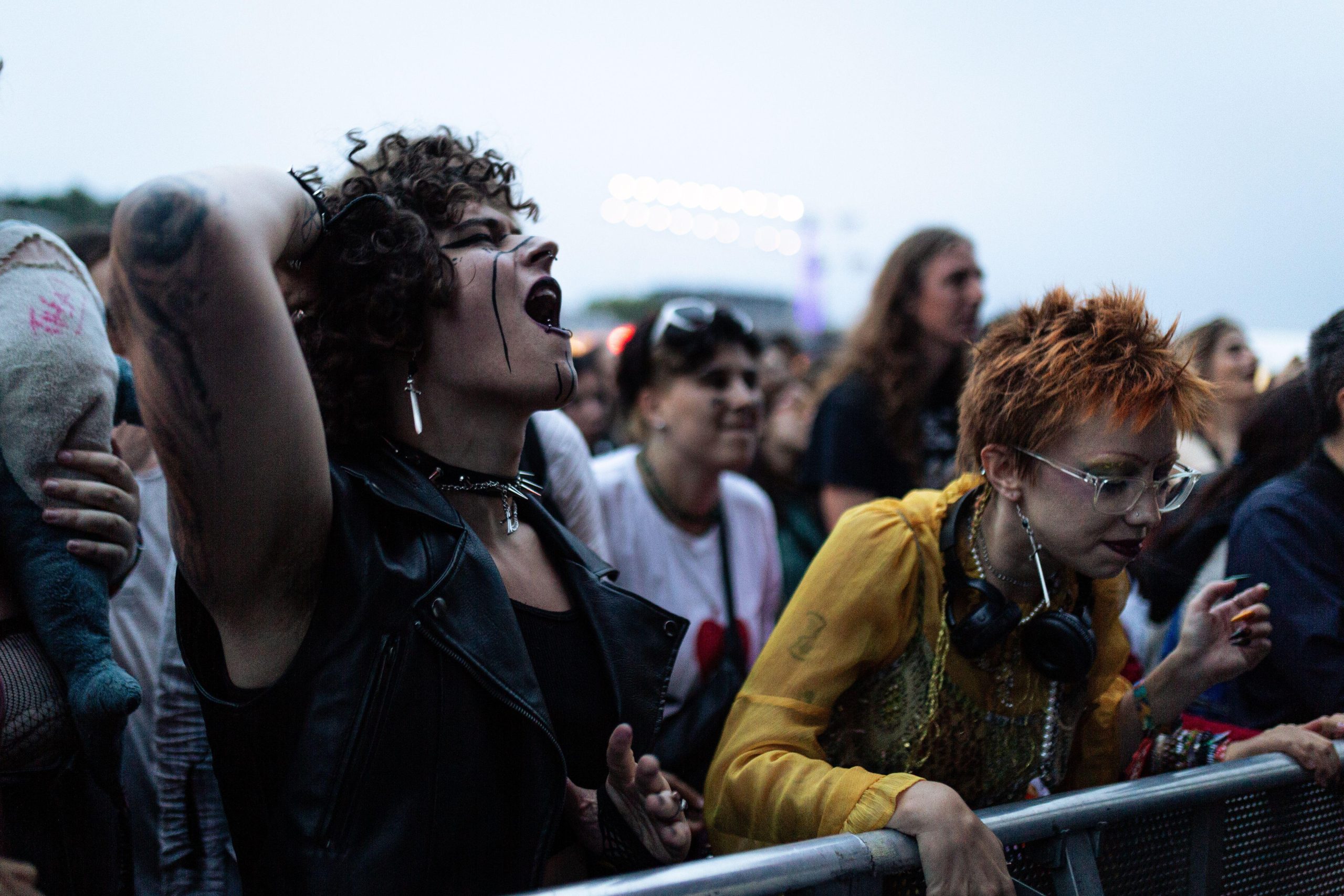When news broke on Monday of 17-year-old Sana Yousaf’s murder, it was first described as a potential “honour-based killing”. Yousaf, a social media influencer from Pakistan, had become a visible presence online. As outraged as we all were, Index didn’t comment initially, wanting to find out more of the facts. Now we have them. A 22-year-old man has confessed to killing her after she allegedly rejected him romantically.
At first glance, this horrendous murder might not appear to be a straightforward case of censorship. But it’s still part of a broader pattern: women’s voices being suppressed through violence.
Inside Pakistan, Yousaf’s death has triggered both grief and backlash. According to Usama Khilji, director of the digital rights group Bolo Bhi, some – mostly men – have questioned her online presence and even called for her family to delete her accounts. These attempts to silence her posthumously are a horrible sign of how threatening female visibility remains. More horrible still: Yousaf is not alone. In January, for example, teenage TikToker Hira Anwar was murdered by her father, who said he found her posts “objectionable”.
Pakistan is not an outlier. Rather these killings are part of a global pattern of femicide, the gender-motivated killing of women done by men who seek to control what women say and wear, who they love and more broadly how they live. While this control is extreme in countries like Pakistan, Afghanistan, Syria and Turkey, it’s just as entrenched across Latin America.
Naming this violence is a struggle. In Mexico, where Amnesty International estimated in 2021 that 10 women and girls were murdered every day, Index reported in 2023 on the widespread misclassification of femicides as homicides, which was seen as a strategy to protect the country’s global image. That was under former president Andrés Manuel López Obrador. Under the country’s new, first female president, Claudia Sheinbaum, there may be change. When 23-year-old influencer Valeria Márquez was shot dead last month while livestreaming on TikTok, the gender-based nature of her killing was formally acknowledged by the Jalisco prosecutor’s office.
These labels matter because, without calling it femicide, it’s hard to confront the systems that routinely and violently deny women a voice. Unsurprisingly, such systems deny women justice too. In Honduras – the country with the highest femicide rate per capita in Latin America – these murders don’t just go periodically unpunished, they’re often undocumented. Many are too afraid to name an assailant, fearing retaliation. Some survivors of violence are even told that women “should not talk about these things”.
So let’s not treat Sana Yousaf’s death as the act of a lone, disturbed man. Let’s call it what it is: another attempt to silence women who dare to speak.






